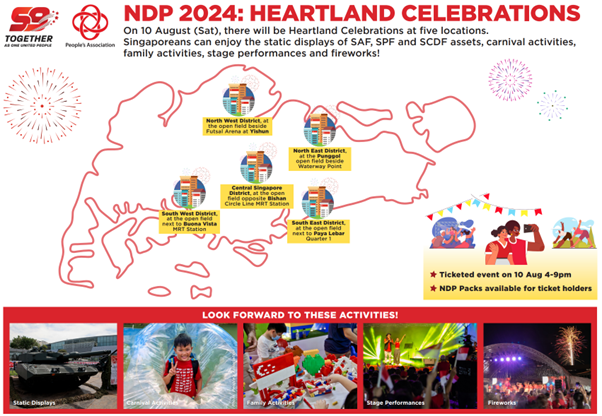15 Lifestyle Trends in Singapore You Should Know in 2023

Singapore, the vibrant city-state famed for its breathtaking skyline and rich cultural tapestry, consistently stands at the forefront of global trends. As we journey into the end of 2023, it becomes increasingly intriguing to explore the evolving lifestyle shifts that are defining this dynamic metropolis — before they die out. This article will guide you through 15 pivotal trends that are currently shaping the cultural, technological, and social landscapes of the Lion City, offering a comprehensive insight into Singapore’s ever-changing lifestyle scene.
1. Smart Living
The concept of smart living is increasingly gaining traction in Singapore. This trend is driven by the government’s vision of transforming the city-state into a ‘smart nation’. From intelligent home technologies to driverless cars, Singaporeans are embracing tech-driven solutions that enhance convenience and efficiency. The adoption of smart home appliances, such as robotic vacuum cleaners and voice-activated assistants, is on the rise. Simultaneously, there’s a growing interest in smart urban farming techniques that promote self-sustainability. With technology permeating every aspect of life, it’s clear that smart living is here to stay.
2. Personal Hygiene and Wellness
The COVID-19 pandemic has amplified the focus on personal hygiene and wellness. Singaporeans are now more conscious of maintaining cleanliness, not just in their immediate surroundings but also in their personal habits. Moreover, there’s a surge in the popularity of organic and natural skincare products. People are increasingly interested in understanding the ingredients in their skincare products and are opting for those with fewer chemicals. In terms of wellness, fitness regimes have become a part of daily routines. From yoga and pilates to high-intensity interval training (HIIT), Singaporeans are actively seeking ways to stay fit and healthy.
3. Home and Kitchen Norms
The shift towards remote working due to the pandemic has brought about significant changes in home and kitchen norms. Many Singaporeans are redesigning their homes to accommodate functional and stylish home offices. Open-concept kitchens are becoming a common feature in homes, with the kitchen transforming into a multifunctional space for cooking, dining, and socialising. Additionally, there’s a growing trend towards home gardening, with more people growing herbs and vegetables at home.
4. Mobile Commerce
Mobile commerce is another trend that’s shaping Singapore’s lifestyle landscape. With the widespread use of smartphones and high-speed internet, online shopping has become the norm. E-commerce platforms like Lazada, Shopee, and Qoo10 are popular choices among Singaporeans, offering a wide range of products from fashion and electronics to groceries. The rise of mobile payments and digital wallets has also simplified the shopping experience, making it quick and hassle-free.
5. Eco-Economic
As environmental concerns rise worldwide, Singaporeans are becoming more eco-conscious. There’s a growing demand for sustainable products, from reusable shopping bags to bamboo toothbrushes. Moreover, businesses are taking initiatives to reduce their carbon footprint and promote sustainability. For instance, hawker centres are implementing tray return policies to reduce waste, and retail stores are encouraging customers to bring their own shopping bags. In essence, being eco-economic is no longer just a trend but a way of life in Singapore.
6. Game On
Gaming has become a mainstream activity in Singapore, transcending age and gender barriers. The rise of esports has contributed significantly to this trend, with competitive gaming events attracting large audiences. Virtual reality (VR) gaming is another exciting development, providing immersive experiences that redefine entertainment. Furthermore, the gaming culture is influencing other areas, such as fashion and design, with merchandise and themed spaces gaining popularity.
7. Authentic Automation
In an era where artificial intelligence (AI) and machine learning are revolutionising industries, there’s a growing demand for authentic automation. Consumers are seeking personalised experiences, and brands are leveraging technology to meet this demand. From personalised product recommendations to AI-powered customer service, automation is enhancing the consumer experience in various ways. This trend is likely to continue as technology advances and businesses strive to meet changing consumer expectations.
8. Sales Development Representatives
The role of the sales development representative (SDR) has emerged as one of the fastest-growing jobs in Singapore. SDRs play a crucial role in generating leads and driving sales, indicating a shift towards a more sales-driven economy. This trend underscores the importance of sales skills in the current job market and is likely to influence career choices among Singaporeans.
9. Cloud Engineers
With the digitalisation of industries, there’s a significant demand for cloud engineers. This trend highlights the increasing importance of cloud technology in our daily lives. As businesses migrate their operations to the cloud to enhance efficiency and scalability, professionals with expertise in cloud computing are in high demand. This trend also points to the broader theme of digital transformation, which is a key focus area in Singapore’s economic strategy.
10. Enterprise Solutions
Enterprise solutions, such as customer relationship management (CRM) systems and enterprise resource planning (ERP) software, are becoming increasingly prevalent in Singapore. These solutions help businesses streamline their processes, improve efficiencies, and make data-driven decisions. The growing adoption of enterprise solutions indicates a shift towards a more tech-driven business environment.
11. Travel and Design
Travel and design trends in Singapore are evolving with a focus on sustainability and cultural appreciation. There’s a growing preference for eco-friendly accommodations and travel experiences that have a minimal environmental impact. Simultaneously, locally inspired designs are gaining popularity in the fashion and interior design sectors, reflecting a growing appreciation for Singapore’s rich cultural heritage.
12. Arts and Wellness
The intersection of arts and wellness is another emerging trend in Singapore. Wellness retreats that incorporate art therapy and yoga classes held in art galleries are becoming popular. This trend reflects a holistic approach to wellbeing, where physical health is seen in conjunction with mental and emotional wellness.
13. Ecommerce Growth
Ecommerce is witnessing robust growth in Singapore, driven by changes in consumer behaviour and advancements in technology. As more consumers choose to shop online, businesses are investing in their digital presence and enhancing their e-commerce capabilities. This trend is expected to continue as online shopping becomes increasingly ingrained in Singapore’s retail landscape.
14. Shifting Consumer Trends
Consumer preferences in Singapore are evolving, leading to shifts in retail trends. There’s a growing preference for locally sourced products, indicating a shift towards supporting local businesses. Additionally, consumers are seeking personalised experiences, prompting brands to offer customised products and services.
15. Lives Reexamined
The pandemic has prompted many Singaporeans to reexamine their lives and priorities. Health and work-life balance have become more important, leading to changes in lifestyle habits. For instance, there’s a growing trend of people opting for flexible work arrangements to achieve a better work-life balance.
The lifestyle trends in Singapore in 2023 reflect the city’s dynamic culture and its constant drive towards innovation and advancement. They offer valuable insights into the changing preferences of Singaporeans and provide a glimpse into what the future holds.
For more insights into the latest trends and tips on travel, fashion, events, and more, visit DEI, your go-to digital guide for all things lifestyle in Singapore. Stay informed and stay trendy!

Enjoy 1-for-1 Tickets Singapore: Shaw Theatres Weekend Deal!

Free Famous Amos Cookies Singapore: Get Your Birthday Treat
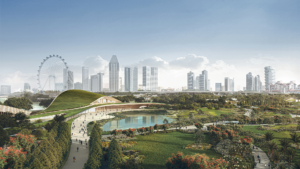
Discover Bay East Garden Singapore: A Hidden Green Gem

Enjoy 1-for-1 Tickets Singapore: Shaw Theatres Weekend Deal!
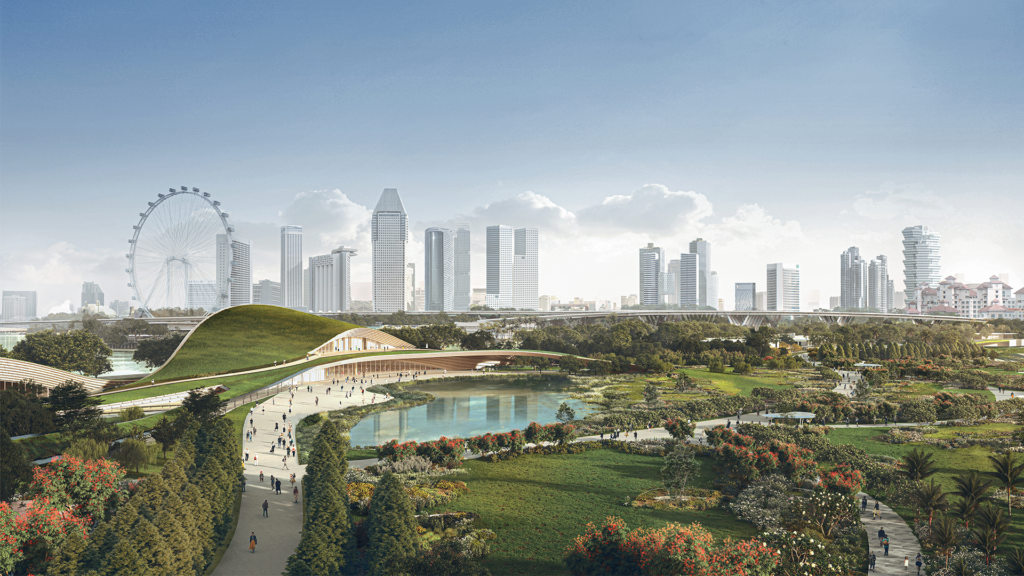
Discover Bay East Garden Singapore: A Hidden Green Gem
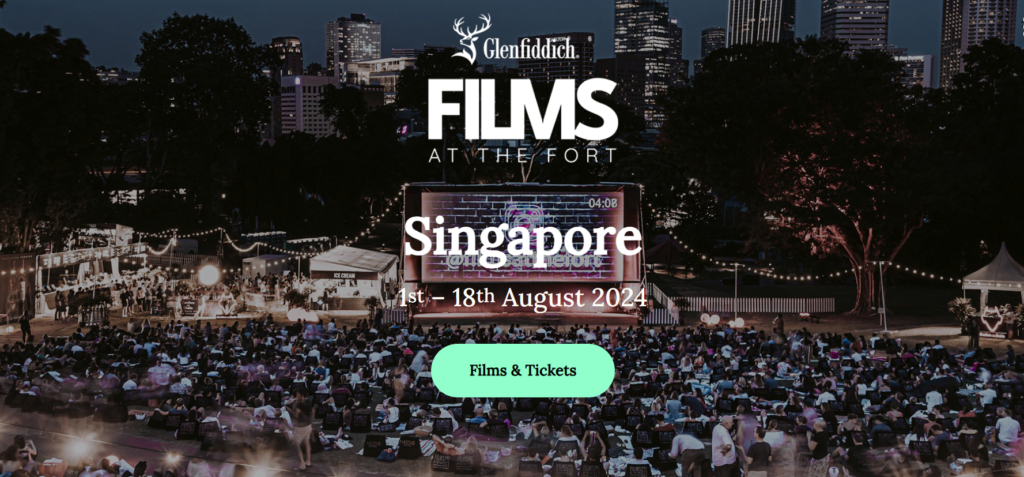
Films At The Fort 2024: Open-Air Cinema Magic in Singapore

Explore The Social Chamber: 24/7 Hangout in Singapore

Enjoy 1-for-1 Tickets Singapore: Shaw Theatres Weekend Deal!
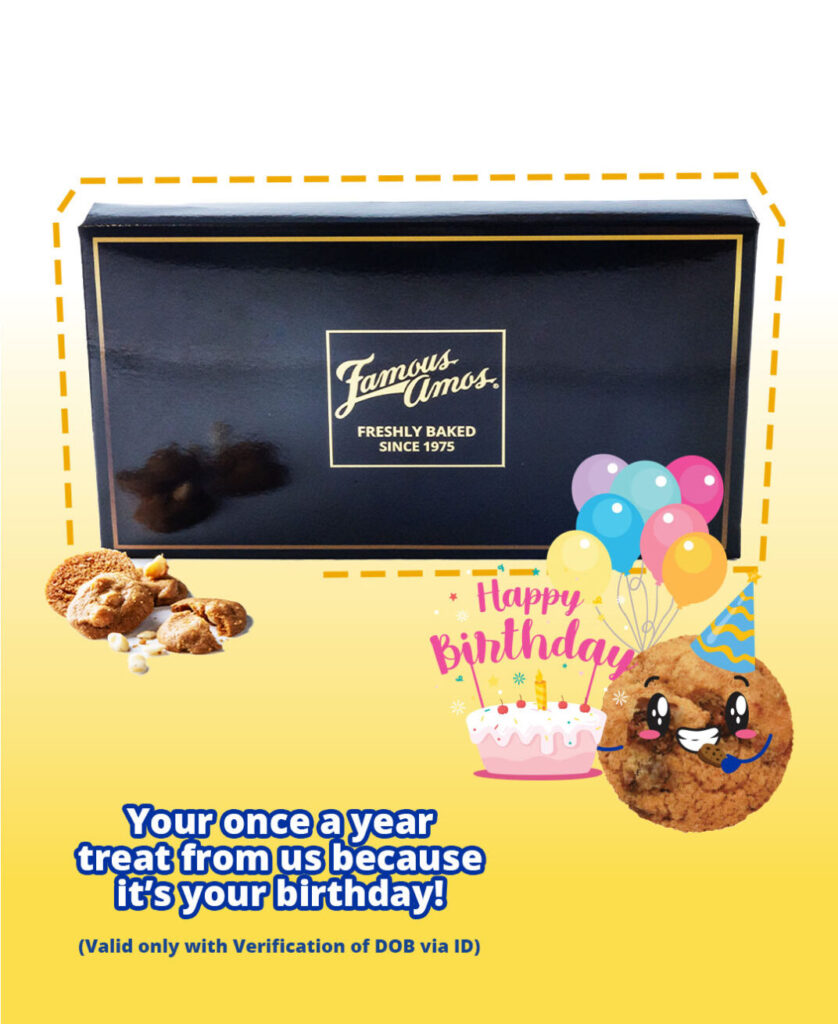
Free Famous Amos Cookies Singapore: Get Your Birthday Treat

Discover Bay East Garden Singapore: A Hidden Green Gem
